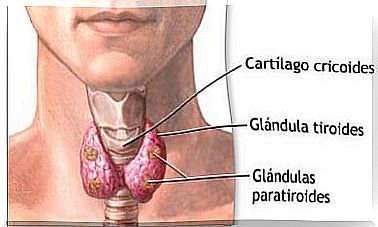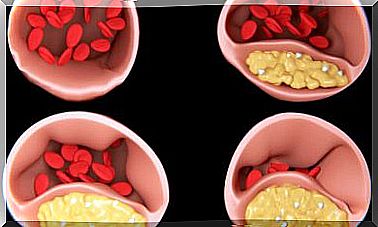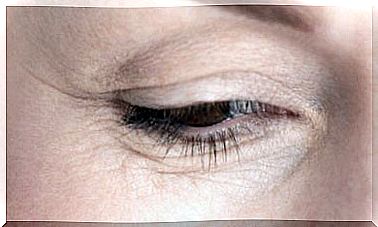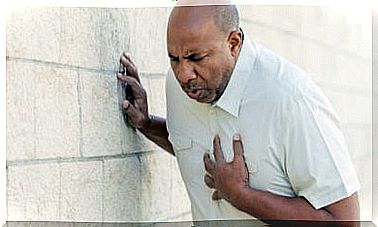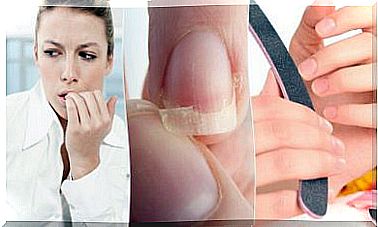How Our Body Reacts To These Extreme Situations
When we are faced with extreme situations, our body ends up experiencing a series of sensations and automatic responses. If you ever wondered “how does our body react to extreme situations” , do not stop reading. Discover the most common reactions we experience when we are in a panic situation.
How our body reacts to …
1. Gravity
The force of gravity acts on each person. This force is equivalent to 1 g, but for example, if you are a pilot, this force can be between 8 and 10 g. What does this mean? Well, body weight increases 8 to 10 times.
And how does our body react to it? The impact of this force on our body depends on its direction. If the force of gravity acts from the head to the feet, the internal organs will move downwards within a certain period.
In the event that it occurs from head to toe, the abdominal organs will exert pressure against the diaphragm and therefore, on the heart and lungs.
If the force is directed from the chest to the back or from left to right and vice versa, its impact on the body will be much less.
2. Changes in blood pressure
Blood pressure also varies in extreme situations. Low blood pressure can lead to decompression syndrome. This is also common in people who practice diving, during a rapid ascent to the surface, for example.
This occurs because the gases diluted in the blood can form bubbles, which tend to cause thrombi and destroy the vascular walls.
Thus, if a vascular occlusion is experienced, it could lead to a blockage of blood circulation and thus death. In severe cases, the white matter of the spinal cord may also be damaged, leading to paralysis.
3. Carbon monoxide poisoning
If we suffer from carbon monoxide poisoning, it will probably be because we are seeing ourselves in the middle of a fire. Faced with such a situation, our body will experience a series of reactions.
First, the carbon monoxide will quickly penetrate the blood and some of the hemoglobin will be transformed into carboxyhemoglobin. In this way, the red blood cells will not be able to transmit oxygen to the cells and tissues of the body. Keep in mind that nerve cells depend on oxygen.
For this reason, an intoxication of this type affects the nervous system in the first place. Which will lead to headaches, nausea, and incoordination.
4. A hypothermia

When we expose our body to cold for a long time, the body seeks to reduce heat loss. To do this, it resorts to the contraction of the blood vessels.
This survival mechanism allows maintaining a greater amount of warm blood, which is what the internal organs need for their proper functioning.
Long-term exposure to cold causes changes in tissue cells. When this occurs, it is not advisable to drink alcohol. Yes we do, we will contribute to the expansion of the blood vessels that will lead us to increase the loss of heat in the body.
5. Sunstroke
How does our body react to heat stroke? When our body suffers from heat stroke, we suffer from overheating, not only of the skin, but also of the surface of the brain. This causes vasodilation and can even lead to brain edema.
If the insolation is very strong and we lack oxygen, the neurons will die. This, on the other hand, cannot be suffered in a solarium, because there we expose our body to UV rays that are incapable of causing an increase in body temperature.
6. Hunger

If our body is hungry, the body will begin to reduce its blood glucose level. The body needs to maintain these levels and to achieve this it will begin to use its reserves. These stores are in the form of glycogen in the liver and muscles.
When a body is hungry, the first thing that is affected is our own muscles. The reduction of adipose tissue will occur, if the body runs out of glucose reserves.
After this, the body would begin to use up the protein reserve, which would cause a weakening of the bones and teeth and even the immune system. If we suffer from a protein deficiency, we will suffer the disease called Kwashiorkor. With it we will begin to swell and we would end up suffering from myocardial dystrophy.
Have we answered your questions about how our body reacts in extreme situations?
